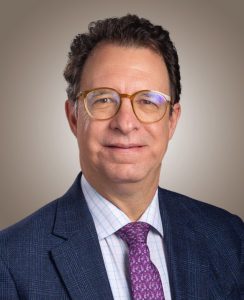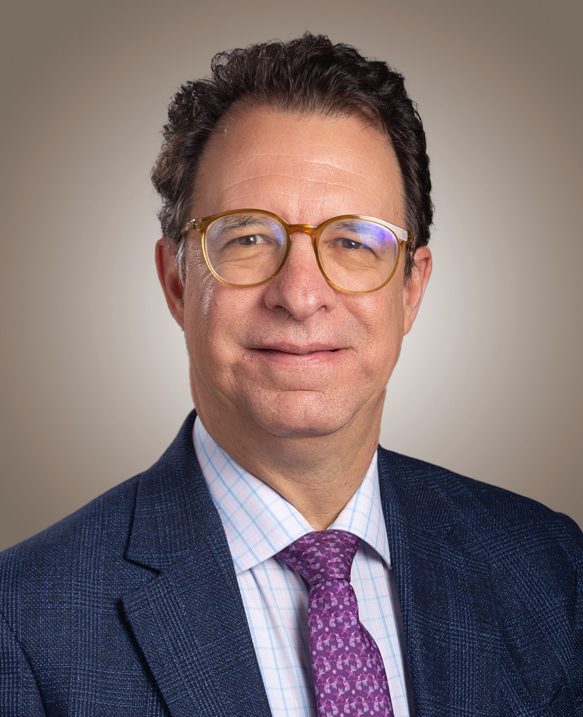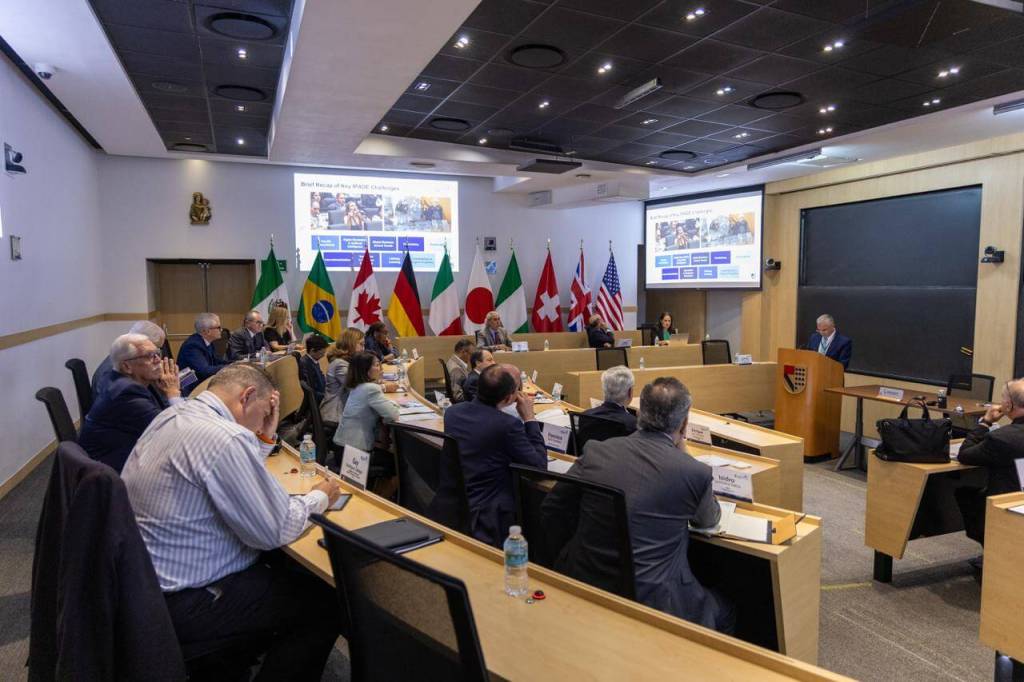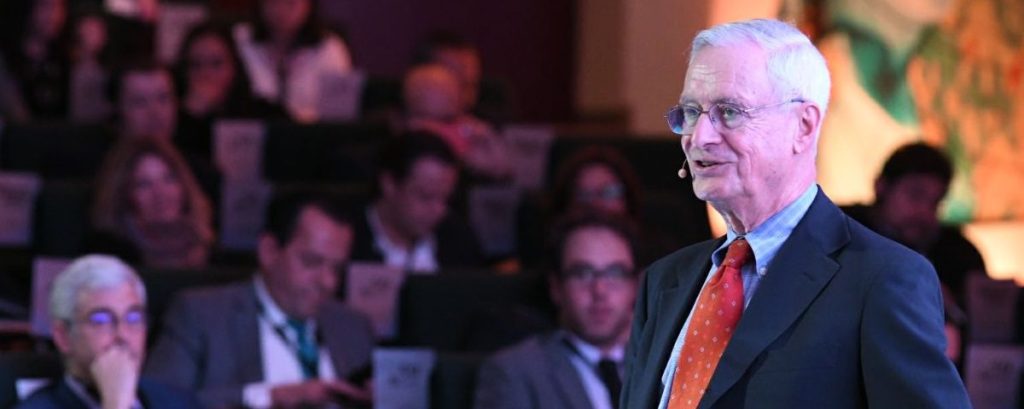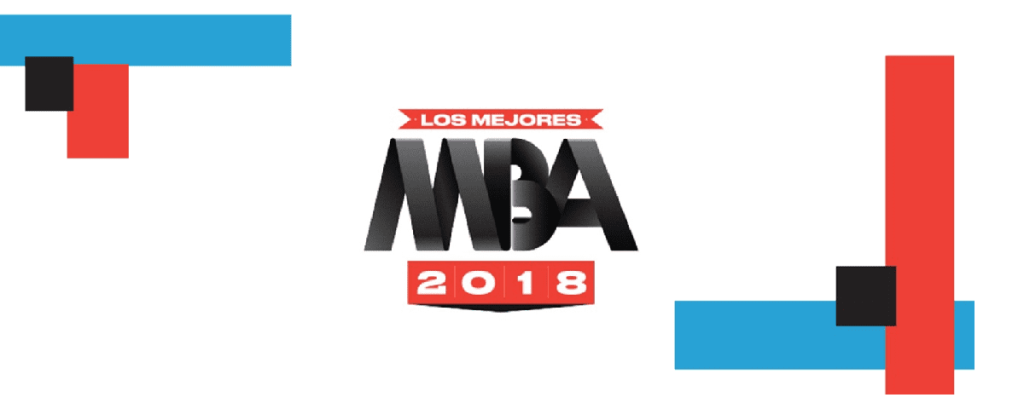“Everything flows,” said Heraclitus of Ephesus. But it has never flowed so fast. Less than a year before Mexico’s new presidential cycle—and following Donald Trump’s return to the White House—the business world faces an environment where uncertainty is no longer an anomaly but a rule. Added to this are growing geopolitical tensions, a more volatile global economy, and a technological disruption led by AI that is radically transforming work, business models, and power structures.
Today, experience alone is no longer enough. Past benchmarks have lost their clarity, and traditional analytical tools fall short. It’s not only about adapting to change, but about understanding its complexity, anticipating it, even provoking it. To do so, critical thinking and lifelong learning have become indispensable.
AI has disrupted the very ways we reason and decide. Human judgment—until recently unquestionable in top management decisions—now competes with models capable of simulating understanding. Algorithms already replace many processes, even financial decisions. This demands a new understanding of leadership, where the ability to learn outweighs knowledge and accumulated experience.
Srikant Datar, current Dean of Harvard Business School, has warned that change is the only constant in a leader’s journey. What some may see as a threat, others see as an opportunity to grow and evolve.
Now, the advantage won’t belong to those who know the most, but to those who can stay relevant amid the new. For philosopher Martha Nussbaum, uncertainty is also the space of possibility. But seizing it requires both technical and prudential formation. Strengthening critical capacity means discerning what’s essential amid the noise—and sustaining questions when there are no clear answers. That, in times of disruption, becomes urgent.
Tom Siebel, CEO of C3.ai, once said we are witnessing a “mass extinction” of business models. Since 2000, more than half of S&P 500 companies have disappeared—not for lack of resources, but for lack of adaptation. In the face of rapid change, inertia is a luxury no one can afford.
Today, lifelong learning is not an idealistic aspiration—it’s a survival strategy. Savvy business leaders returning to academic spaces know this well. One of them told me that the value of coming back to the classroom lies in “stepping back from the business, listening to new ideas, and seeing from a distance what I can actually do.” That pause brings perspective to problems and helps rethink challenges.
Rethinking how we lead requires more than adding technical skills; it demands comparing experiences, exercising judgment, and thinking in community. It means listening to other business leaders, confronting different realities, and revisiting long-held beliefs. Here, active listening becomes decisive. Through the Case Method used at IPADE, everyone reads the same text, but each participant brings a unique point of view. True learning emerges from articulating those multiple perspectives—something essential for business leadership in polarized times.
Amid the whirlwind, reflective pause becomes a revolutionary act. The classroom is not a relic of the past but a laboratory for anticipating the future. There, generations, sectors, and visions intersect—and the questions we need to avoid obsolescence emerge. Executive education, business learning, and leadership in Mexico need spaces like these: rigorous, strategic, and collaborative.
Disruption is here to stay. The only way not to be swept away by it is to become experts in learning. It’s not enough to lead companies; we must lead thinking. And for that, lifelong learning is no longer optional—it is an intellectual, ethical, and strategic duty. It is also an invitation to embrace continuous learning as the path to building a shared future.
Article originally published in Spanish at: https://www.excelsior.com.mx/opinion/opinion-del-experto-nacional/aprendizaje-permanente-en-tiempos-de-disrupcion/1734893

